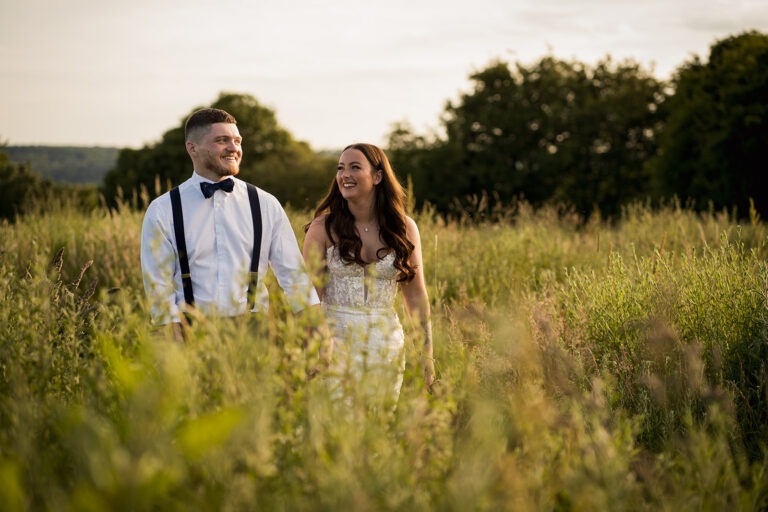Street photography has always been about capturing real moments, the essence of everyday life, and the stories that unfold in public spaces. But in 2025, the landscape of street photography in the UK is changing rapidly, thanks to evolving privacy laws and heightened awareness around personal rights. Once seen as a largely unrestricted form of expression, street photography is now under increasing scrutiny, with legal implications that photographers must navigate carefully. The rise of stricter data protection regulations, the expansion of digital rights, and the growing concerns over surveillance have all contributed to a shift in the way photographers approach capturing life in public spaces.
Changing Privacy Laws and the Right to Photograph
One of the biggest changes in recent years has been the expansion of privacy rights under UK law. With the introduction of new legal frameworks that prioritise individual privacy, photographers must be aware of when and where they can take photos and what they are allowed to do with them. The General Data Protection Regulation (GDPR) has played a key role in shaping this landscape, but recent updates have gone even further, particularly in relation to how images containing identifiable individuals can be used.
A major grey area comes down to whether or not an individual has a reasonable expectation of privacy in a public space. The law has traditionally recognised that people in public places can be photographed without explicit consent, but recent cases have challenged this assumption. With the expansion of facial recognition technology and concerns about how images are used in digital spaces, the courts have been increasingly sympathetic to claims that individuals should have some control over their own image, even when they are in public. These legal shifts make it essential for photographers to stay informed and tread carefully when capturing candid moments.
Commercial Photography and the Issue of Consent
One area where the legal landscape has become more complicated is in commercial street photography. Traditionally, editorial photography—images taken for journalistic or artistic purposes—has been treated differently from commercial work. While an image taken for an art exhibition or a personal project might not require consent, using that same image for advertising, marketing, or promotional purposes could now require explicit permission from any recognisable individuals.
This distinction has led to confusion among photographers who may not always be clear on what constitutes a commercial purpose. If a photographer sells prints of their street photography, does that count as commercial use? If a magazine licenses an image for a feature, does that change the requirements? The current legal framework does not always provide clear answers, leaving photographers to make judgment calls that could carry legal risks. Ensuring compliance often requires seeking permission where possible or reframing street photography work in ways that limit identifiable subjects.
The Rise of AI and Facial Recognition Concerns
Another area of concern for street photographers is the increased use of artificial intelligence in image recognition. In 2025, AI-driven search tools can scan and identify people in photographs at an unprecedented scale, raising concerns about how images are used and who has access to them. A candid street portrait taken in London could, within minutes, be identified and connected to the subject’s social media profiles, professional background, or even home address. This level of exposure has led to debates about the ethics of street photography and whether additional safeguards should be introduced to protect the privacy of individuals.
While some argue that street photography is an essential form of artistic and journalistic expression, others believe that in an age of digital surveillance, photographers must take greater responsibility for how their images impact the people they capture. The potential for AI-driven image recognition to be used for data collection, profiling, or other intrusive practices has only increased public scepticism about having their photos taken without consent. As a result, many photographers are adapting their approach, opting for more anonymous styles that obscure faces, focus on silhouettes, or capture the energy of a scene without directly identifying individuals.
The Future of Street Photography in the UK
Despite the growing legal complexities, street photography remains a vital and dynamic form of expression. While new privacy laws present challenges, they do not signal the end of street photography. Instead, they push photographers to think more critically about their work, consider the impact of their images, and find new ways to document the world around them. Many photographers have taken to engaging more openly with their subjects, explaining their intentions and seeking consent where possible to avoid potential disputes. Others have found creative ways to embrace abstraction, anonymity, and composition techniques that highlight the essence of a scene without exposing individuals.
For photographers navigating this evolving landscape, staying informed is essential. Understanding the latest legal rulings, keeping up with best practices, and being mindful of ethical considerations can help ensure that street photography remains a respected and legally sound art form. Many organisations, such as the British Journal of Photography and the Royal Photographic Society, offer guidance and resources to help photographers stay on the right side of the law while continuing to create compelling and meaningful work.
At its core, street photography is about storytelling—capturing the beauty, chaos, and humanity of everyday life. As the law continues to evolve, so too must the photographers who engage in this ever-changing art form, ensuring that they respect the rights of their subjects while continuing to tell the stories that make street photography so compelling.
SEO Keywords:
- UK street photography laws 2025
- Privacy laws for photographers in the UK
- Street photography legal restrictions UK
- GDPR and photography rights
- Public photography laws UK 2025
- AI and privacy concerns in photography
- Ethical considerations in street photography
- Photography minors UK legal rules
- Commercial use of street photography UK
- Protecting privacy in public photography





